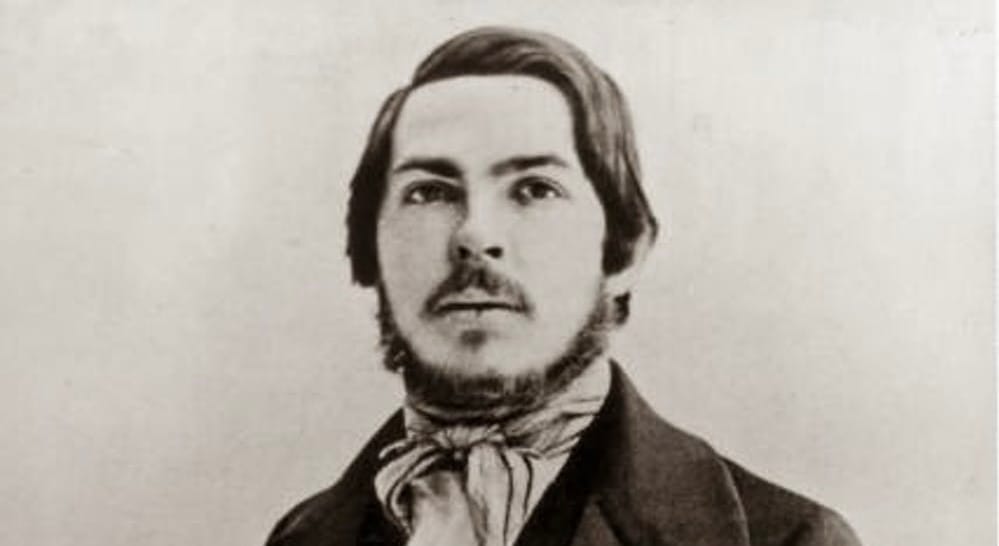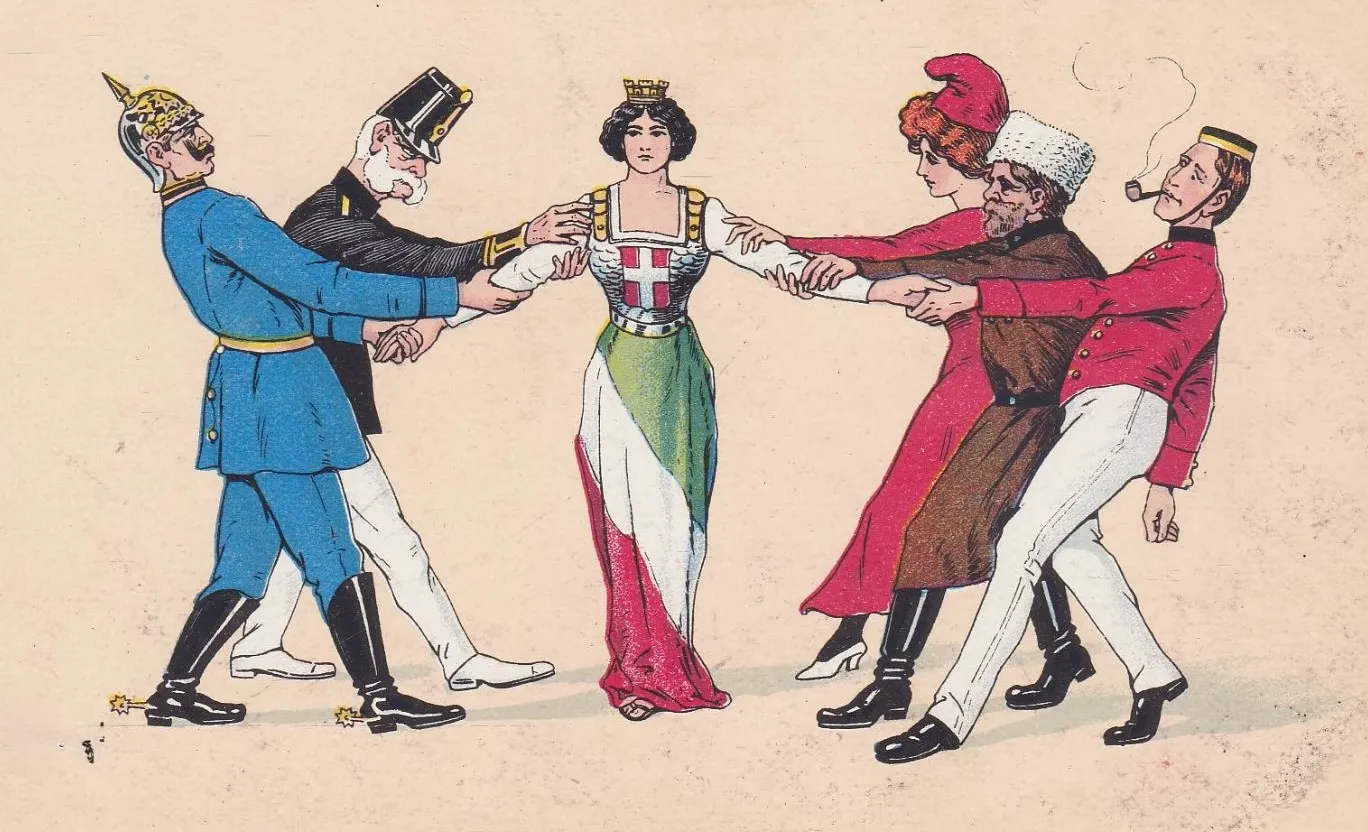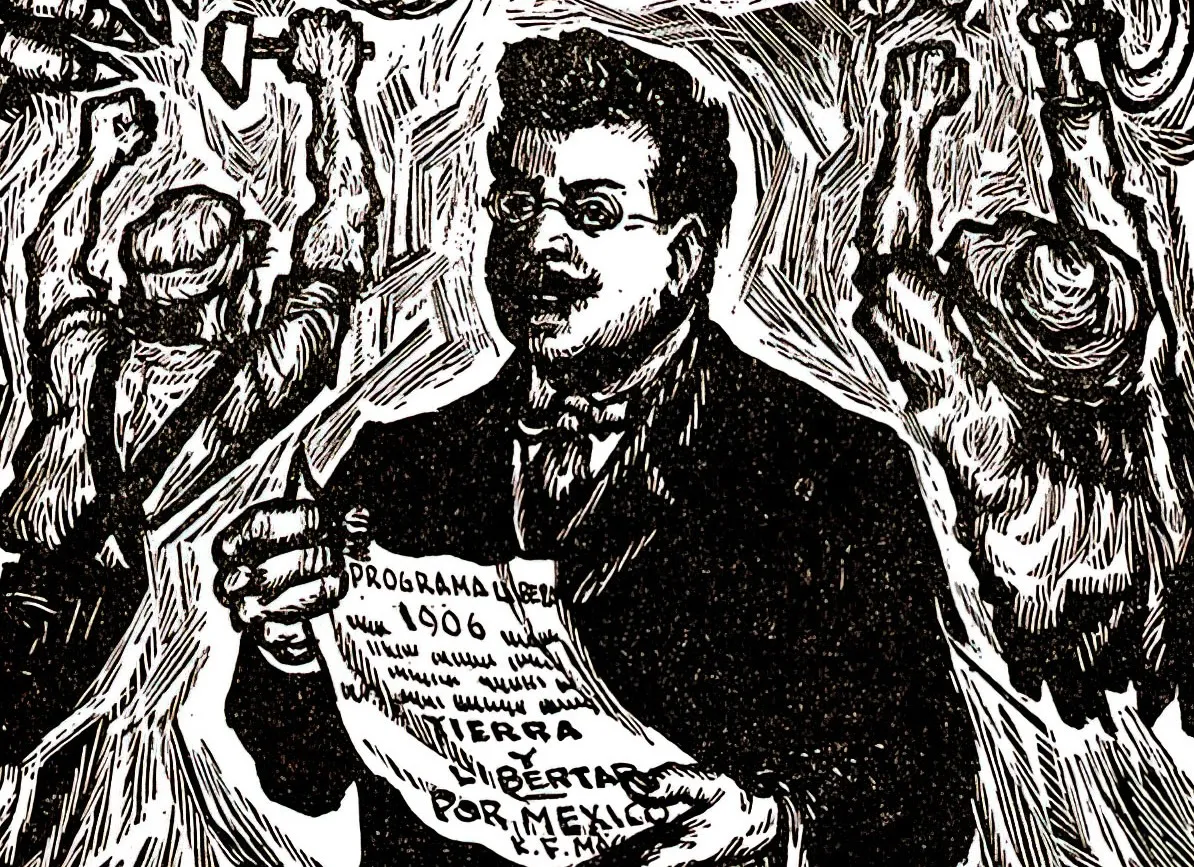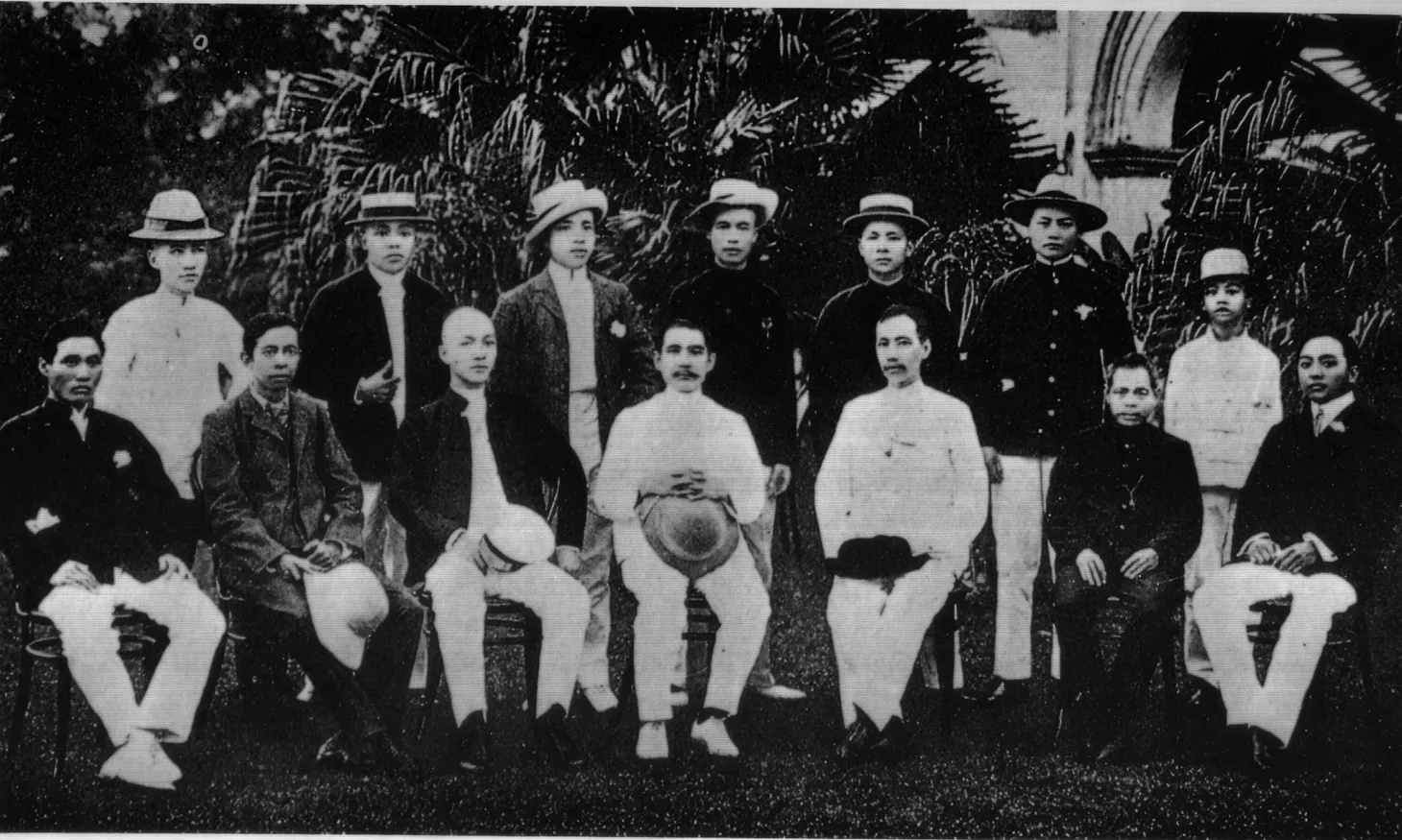“Manufacture Created the Middle Class”: Industrialization and the Class System
Discussion of teaching the development of the social class system


Industrialization fundamentally changed how all people lived during the nineteenth century. Many supporters of industrialization focused on how industrialization increased economic productivity, but not as many discussed the negative social consequences of industrialization. In a recent post, I discussed how we can teach Karl Marx, but I didn’t say much about Friedrich Engels. Engels was more than simply the other person who co-authored the Communist Manifesto; he also provided his own critiques about the new industrial capitalist society. He published The Condition of the Working Class in England in 1845, and it’s one of the best sources for understanding the social consequences of industrialization in Manchester, the leading industrial city.
The Source
This Content is for Subscribers on the Buy Me Lunch and Buy Me Dinner tiers
SubscribeAlready have an account? Log in



